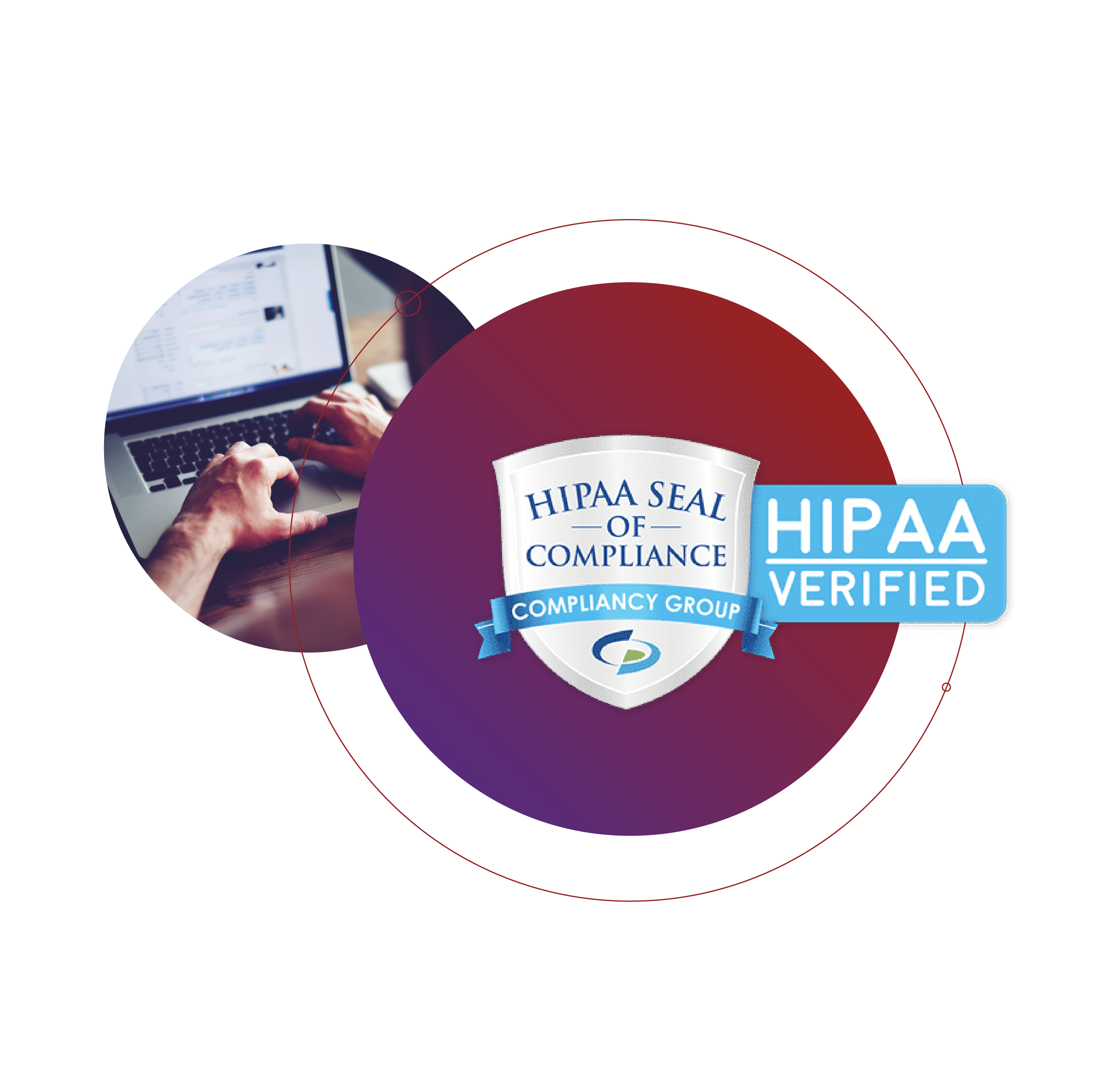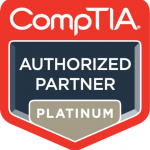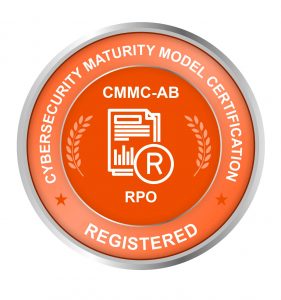HIPAA Compliance
Anyone who handles Protected Health Information is required by The National Institute of Standards and Technology to be Health Insurance Portability and Accountability Act (HIPAA) compliant. The HIPAA Security Rule requires that covered entities and business associates implement security safeguards to protect the confidentiality, integrity, and availability of electronic protected health information (ePHI). CyNtell’s HIPAA program has been verified, validated, and received a seal of compliance. You and your patients will be better protected with a Gap Assessment and Security Risk Assessment performed by CyNtell.



Protect Data
Protect Your Company


Receive a Quick Quote
Start Your Quote >
Schedule a Call
Complete the form below and we’ll be in touch.
Partners



